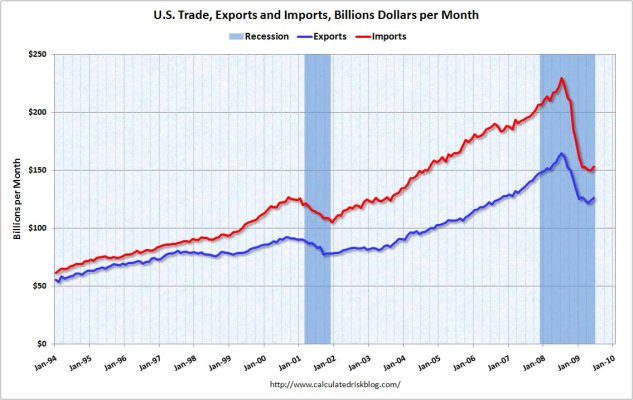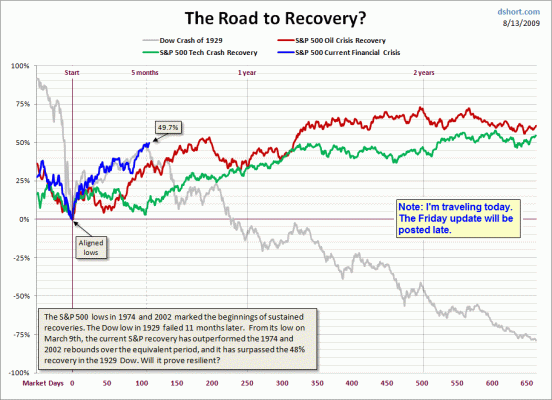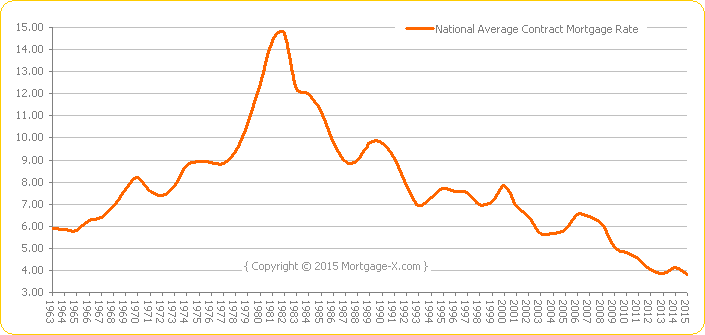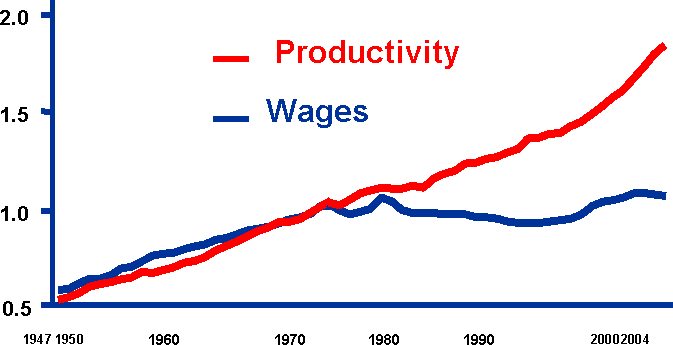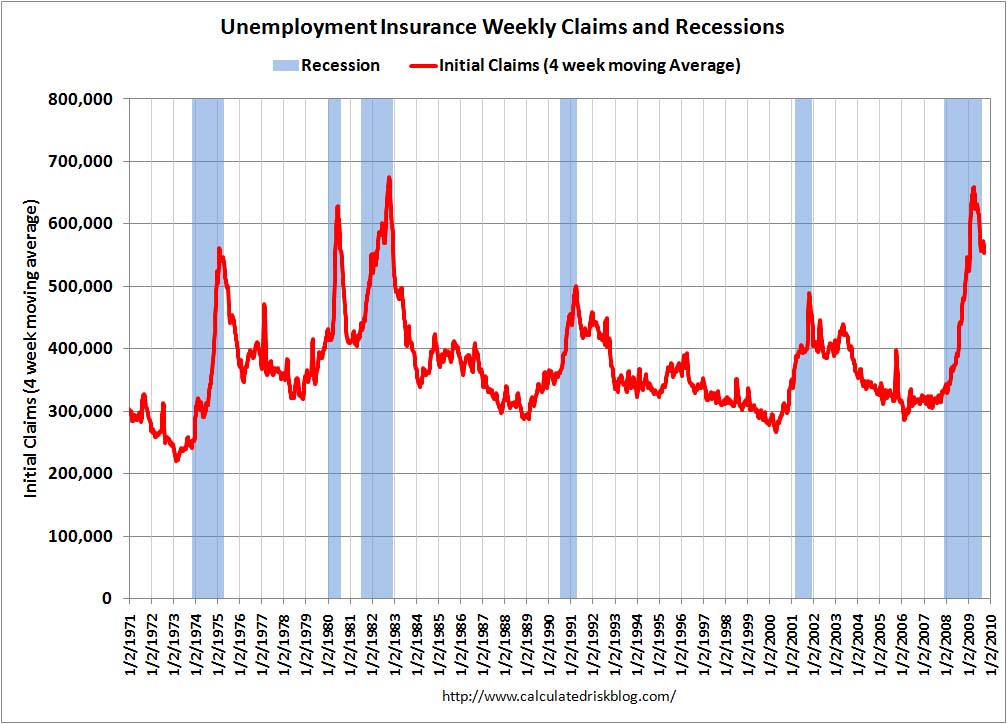FUEGO
Give me a museum and I'll fill it. (Picasso) Give me a forum ...
- Joined
- Nov 13, 2007
- Messages
- 7,746
regarding the debt to GDP ratio - we also have a lot more individual assets today versus 1950, particularly houses. Today the median size of new houses is roughly 2400 sf. How many 2400 sf houses were being built in 1950? The median was probably closer to 1/2 that size. So we have more mortgage debt, but more collateral backing that debt.

